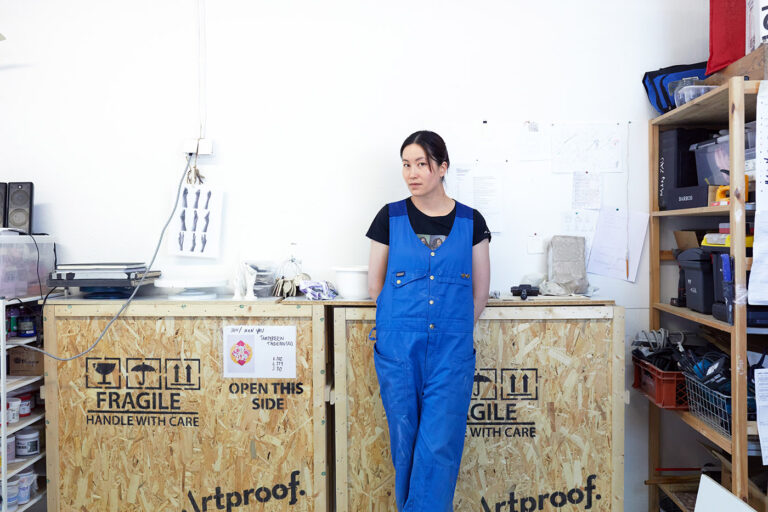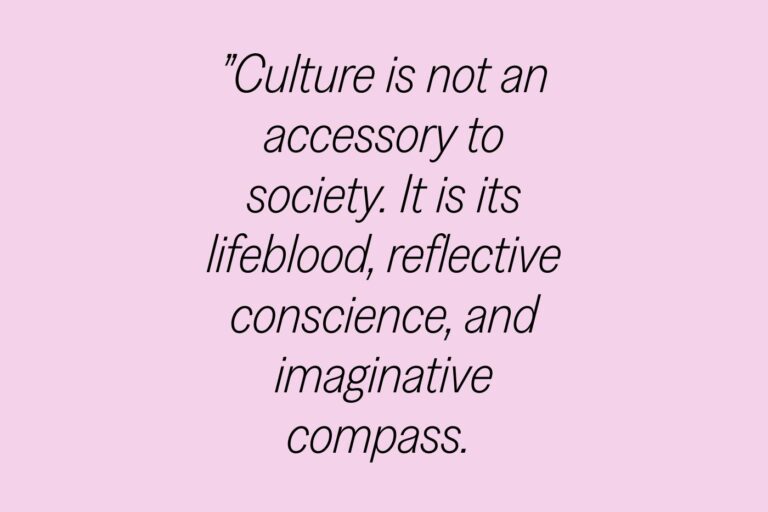Support for students and immigrant parents
The Finnish Cultural Foundation awarded grants for applied research in support of children and adolescents’ mental health. Here we present two of the projects funded.
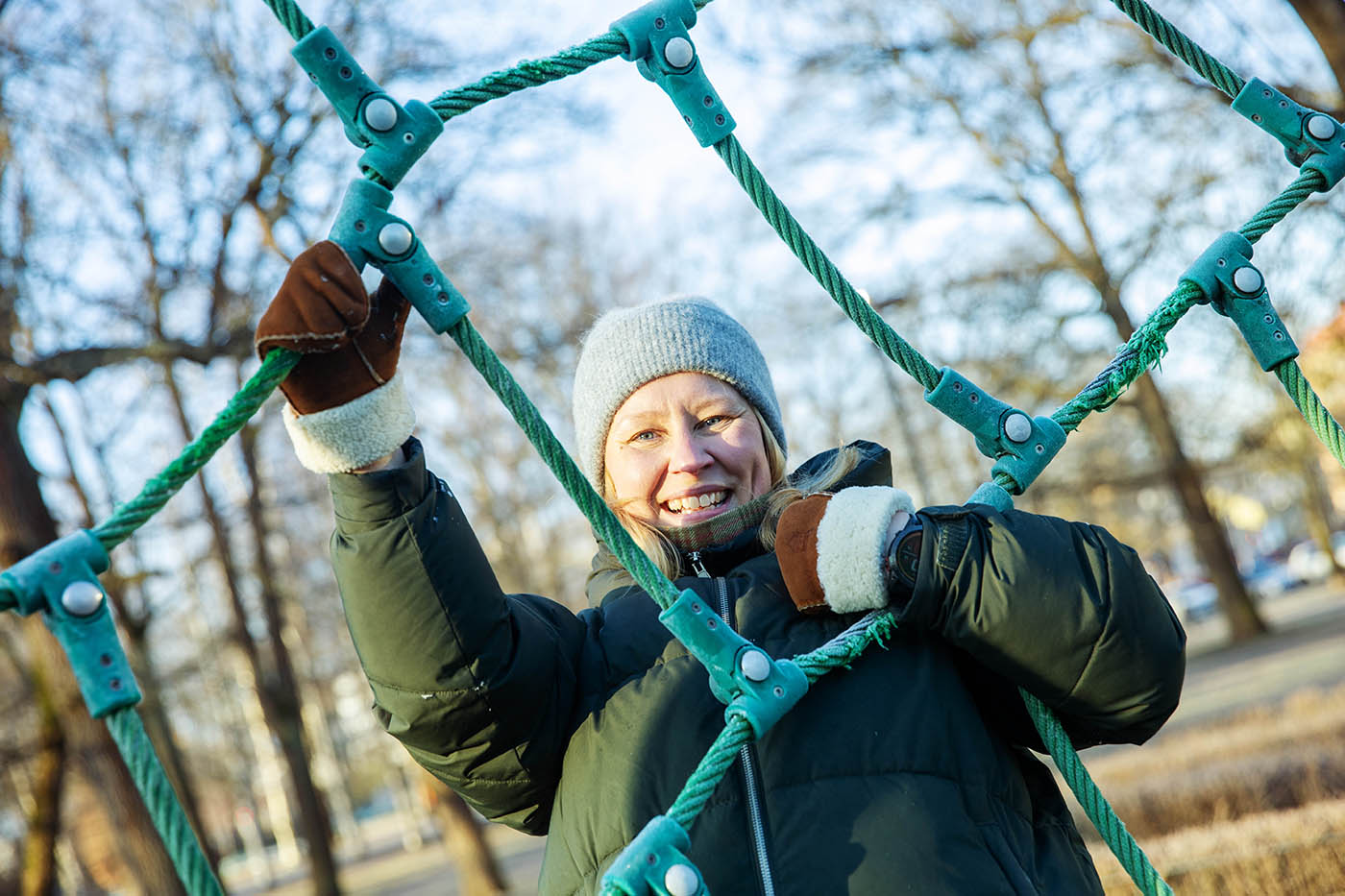
The numbers are alarming. As many as one in four students in Finland say they are lonely, and studies show that loneliness is one of the most common risk factors for various diseases.
Loneliness predisposes people to depression, among other things. Symptoms of depression, in turn, are reflected in a person’s behaviour. A person who is lonely and depressed is prone to retreat behind four walls, withdraw and stop taking care of themselves.
Can loneliness be prevented – even before it becomes a serious mental health problem and damages an individual’s social relationships? Yes, it can, says Professor Jari Lahti from the University of Helsinki.
“Our aim is to introduce to the Finnish education system a proven psychosocial approach that can prevent loneliness. If we can demonstrate the effectiveness of this method, which will adapt to the conditions prevalent in Finland, it could be widely adopted in the country’s pupil and student welfare system,” Lahti says.
Social needs change with age
Lahti and his team received a €225,000 grant from the Finnish Cultural Foundation to put the Australian Groups 4 Health (G4H) method into practice to help students in Finland. In February 2025, the foundation awarded a total of €1 million for applied research in support of children and adolescents’ mental health, and Lahti was one of the grantees.
Loneliness predisposes people to depression, among other things. Can loneliness be prevented – even before it becomes a serious mental health problem and damages an individual’s social relationships? Professor Jari Lahti and a group of researchers from the University of Helsinki are trying to answer this question and help Finnish students with their loneliness.
According to Lahti, the G4H model has worked well in Australia. Called “Ryhmät kuntoon” in Finnish, G4H is expected to soon help students in Finland too who feel lonely.
The study will involve 148 students in a group intervention.
“We will begin by discussing together what belonging to a group means for those taking part in this intervention. We will also discuss how social identity is actually formed. Does the student feel they belong to a group or not?”
According to Lahti, the G4H method is effective because it helps lonely students to get to truly know themselves and their social needs.
“We all have experiences of belonging to a group – including situations where some people get on better with other people in a group than others. In this intervention, students also try to identify the groups they belong to that no longer meet their needs. It’s OK to change with age.”
Starting studies is a pivotal point
Many people feel lonely at life’s turning points, one of which is the start of studies and moving to a new town. To be able to find your place in social networks that are a good fit for you and your values, you need self-awareness.
“One of the aims of the G4H intervention is to encourage the students in this research project to think about which groups they would like to belong to in their current situation, which groups are no longer serving them and how they could join groups that are important to them.”
“This is the kind of self-awareness the G4H intervention seeks to cultivate in students. It is important to identify the groups that meet your needs and know how to join them. This will allow students to reduce their feelings of loneliness.”
Programme for immigrant parents
Another grant of €220,000 from the €1 million funding for children and adolescents’ mental health was awarded to Kaisa Mishina, PhD in Health Sciences, and the Voimaperheet working group at the University of Turku. This team is creating a culturally sensitive, digitalised parenting programme that aims to increase the well-being of immigrant families by supporting positive parenting.
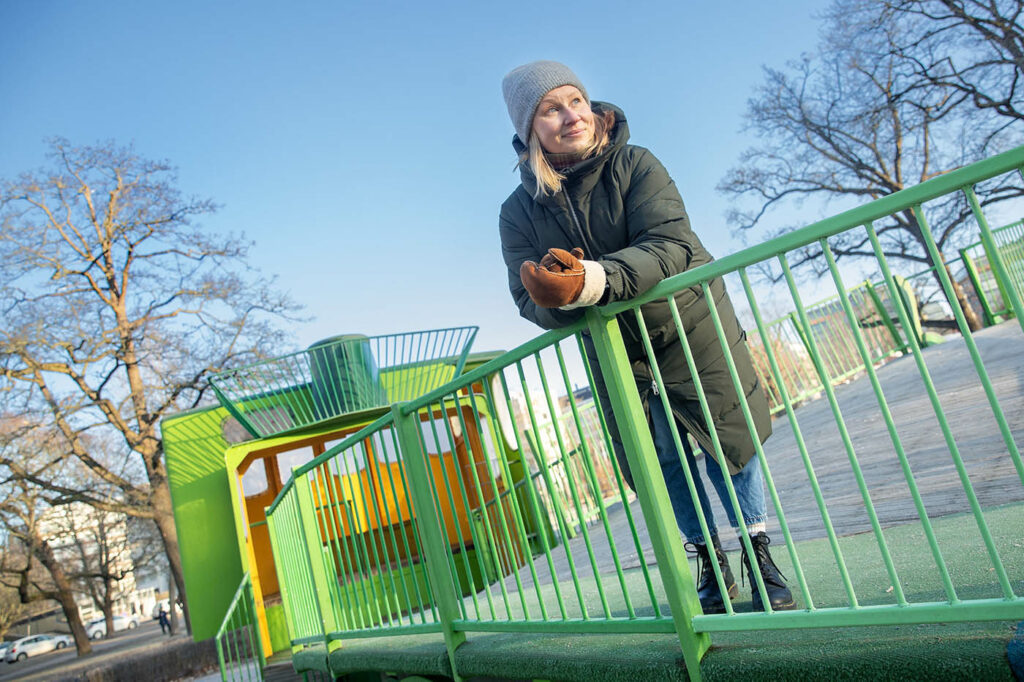
“Our aim is to adapt the existing ‘Ole läsnä lapsellesi’ parenting programme, which is aimed at all parents with under-school-age children, to the needs of people from different cultures and offer it to them in their own language,” says Mishina.
According to Mishina, there is a significant need for this kind of programme in Finland, especially for families that don’t speak Finnish or Swedish, as there are no similar services available for them. The programme will be developed together with immigrant families and professionals working in health care and social services.
“Immigrant parents may not speak much Finnish or Swedish, and they may not have sufficient English either. The message from people working with such families is that there is a definite need for a parenting programme like this. When developing this programme, we will also take feedback from primary health care services and the wellbeing services counties into consideration.”
The programme encourages parents to praise their child
Most of the services offered to parents in Finland are rooted in Western cultural norms and are not available in all the languages needed, leaving some families without access to these services. According to Mishina, the ‘Ole läsnä lapsellesi’ programme guides parents towards positive parenting.
“It is a digital platform that parents seek help from independently. The programme encourages parents to interact positively with their child. Studies show that positive parenting skills can promote well-being and interaction between the child, the parent and the whole family. And most importantly, parents can use the programme in their own language, wherever they live in Finland.”
Mishina and the Voimaperheet working group consider it vital for Finnish society to support parenthood for all families equally. According to Mishina, families with poor command of Finnish, Swedish and English often have less access to services than the native population.
“It is this inequality that our parenting programme aims to reduce. The programme will also be developed to take into account the various cultural backgrounds of immigrant families, for example in its visual appearance.”
Problems can be tackled early
Statistics show that children from immigrant families struggle more, for example, to succeed at school. Children from immigrant families are also proportionally more likely to be placed in foster care outside the home.
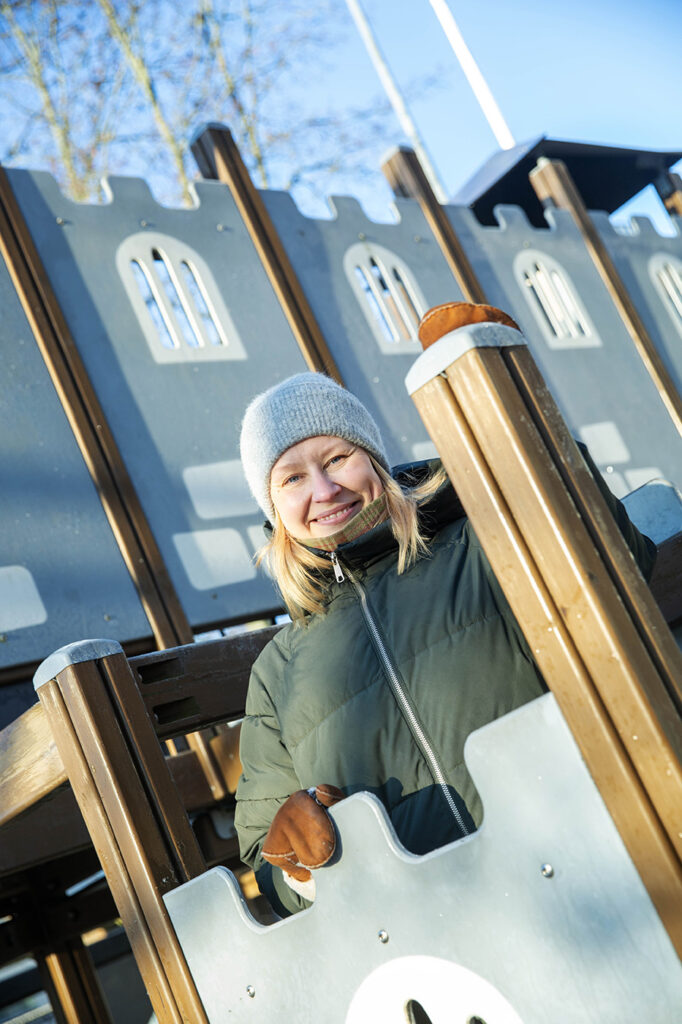
“To tackle these problems and help and support immigrant families in the best way possible, we must find out what their most pressing pain points are and what it is like to be a parent in a new country.”
If it catches on as hoped, the Voimaperheet working group’s culturally sensitive parenting programme will help to promote families’ well-being and may help to prevent problems for school-age children before they become insurmountable.
“Parents have a crucial role to play in finding ways to prevent behavioural problems that start at school age. That is why we need to start with the parents.”
